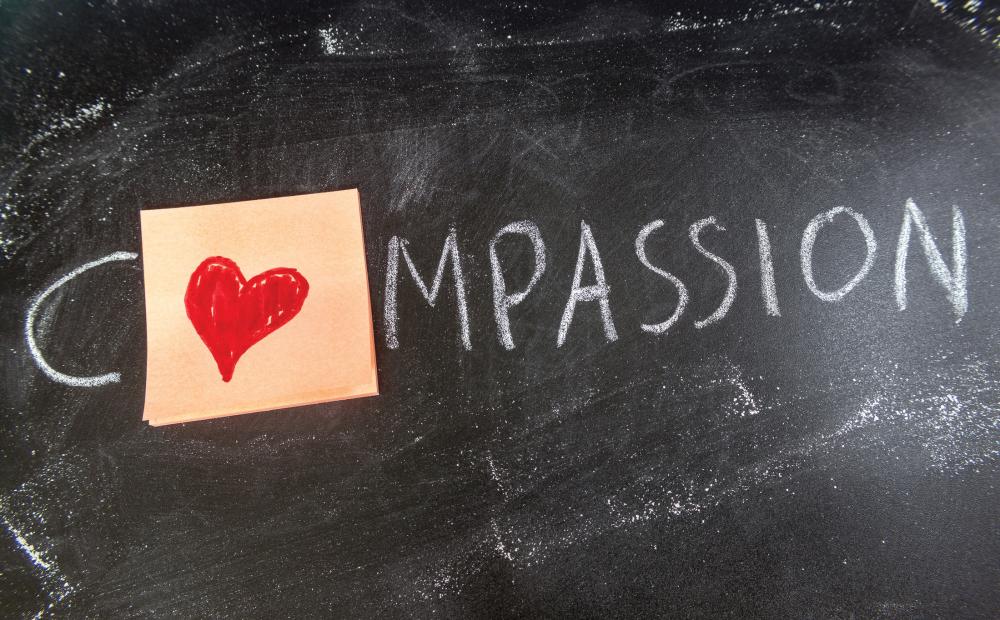As a columnist, sitting on a pedestal weekly spewing forth brilliant opinions and insights, I realize that sometimes that this writer gets a chance to say “I told you so.” Of course, no one likes a know-it-all. I know I don’t.
So, after the publication two weeks ago of my column citing the efficacy of an empathetic bedside manner and the all too frequent lack of compassion in the medical profession, a friend politely told me that my perspective was mistaken. He said that family members and friends were doctors, and empathy was part of their toolkit. Further, his last words, again spoken in a friendly manner, empathized with my column-producing experiences.
Of course, I tried to write a balanced piece that stated I had had mostly good experiences. Others who approached me related stories of excellent treatment and soulless personal interaction.
As I wrote, some people care little whether a doctor has a pleasing demeanor—only the results matter. I wonder if that’s absolutely true. We all like to be treated with respect. Caring communication enhances treatment and recovery.
As luck would have it, two doctors at Cooper University Hospital in Camden, NJ., one the chief of medicine at Cooper University Health Care (CUHC) and the other a practitioner of emergency medicine and co-president of CUHC, co-authored a Washington Post article (“For patients, a caregiver’s compassion is essential,” May 13, 2019).
Doctors Stephen Trzeciak and Anthony Mazzarelli, wrote: “Research shows that there has been an erosion of the relationship between those who provide health care and the patients they treat, and specifically an erosion of compassion. Nearly half of Americans believe the U.S. health-care system and health-care providers are not compassionate, one survey found. Numerous studies have reported that physicians miss the majority of opportunities to respond with compassion.
“Research on the burnout epidemic in health care finds that 35 percent of physicians are so burned out that they have an inability to make a personal connection with patients. This can result in callous or uncaring behavior.”
The purpose of the two-year study was to discern whether compassion (an emotional reaction to an ailment encompassing a desire to help and leading to action) and empathy (the initial thrust to feel and understand a person’s emotions) have scientific and measurable outcomes.
The doctors found “undeniable signals” in their data-gathering that “compassionate care is associated with vast benefits for patients across a wide variety of physical conditions, such as chronic back pain, diabetes and even recovery from the common cold.”
To this increasingly involved pawn in the medical system, the findings make common sense.
A patient’s mental and emotional approach to treatment and adherence to “prescribed medicine” is tied directly to a strong dosage of compassion. A positive attitude—as opposed to anxiety and depression—enables a patient to focus on physical recovery free of psychological duress.
Just last week, my wife and I met with a doctor who seemed to have internalized the value of empathy and compassion. After we explained the impact of my medical condition (I promise I will discuss it in greater detail in a future column) on our lives, she said she could understand our emotional pain. I felt relieved.
The doctor’s human reaction took just seconds. Its value was incalculable. As Trzeciak and Mazzarelli discovered in their research, a sincere expression of compression involves very few words.
Incidentally, the study’s authors found evidence that “compassionate care can be a fulfilling experience for health-care providers that helps build resilience to burnout. In other words, compassion is good for both the giver and the receiver.”
Compassion is not just a creation of social science. Medical data has tied it to the science, not just the art of medicine. It has measurable effects.
And it costs nothing.
Columnist Howard Freedlander retired in 2011 as Deputy State Treasurer of the State of Maryland. Previously, he was the executive officer of the Maryland National Guard. He also served as community editor for Chesapeake Publishing, lastly at the Queen Anne’s Record-Observer. In retirement, Howard serves on the boards of several non-profits on the Eastern Shore, Annapolis and Philadelphia.



Write a Letter to the Editor on this Article
We encourage readers to offer their point of view on this article by submitting the following form. Editing is sometimes necessary and is done at the discretion of the editorial staff.